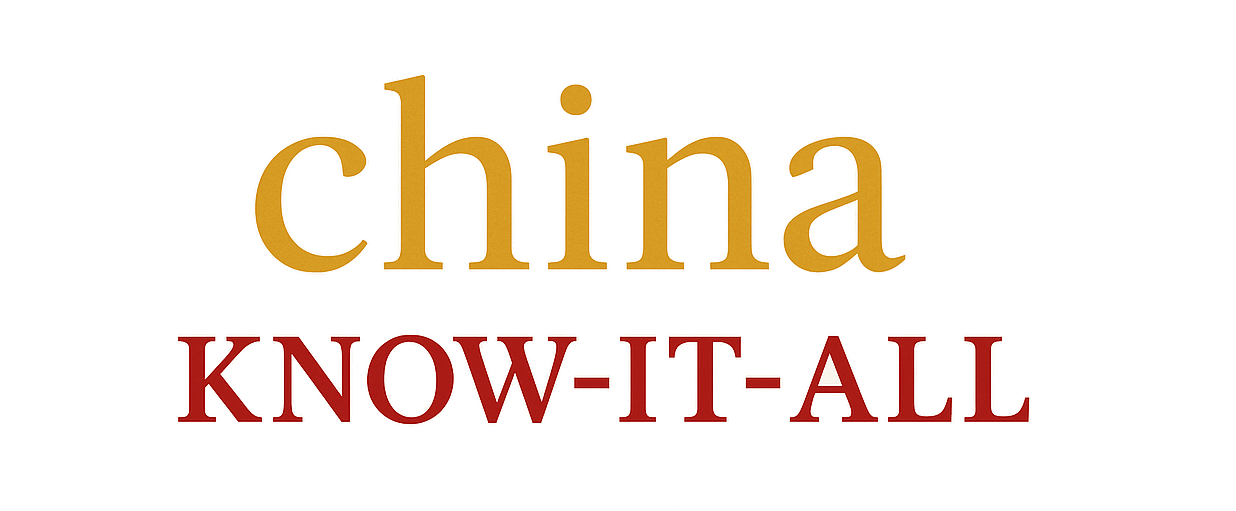Chinese Everyday Behavior Explained: What Foreigners Need to Know
Why Chinese Daily Life Feels So Different
If you’ve ever visited or lived in China, chances are you’ve asked yourself things like:
- Why don’t people say “thank you” that much?
- Why do strangers ask me personal questions?
- Why does everyone talk so loudly?
These behaviors might feel unusual—even rude—to outsiders. But in China, they’re perfectly normal and deeply rooted in culture, history, and social norms.
In this article, we’ll explain the most common Chinese everyday behaviors, why they happen, and how you can better understand (and adapt to) them. Whether you’re a traveler, expat, or just curious about Chinese culture, this is your essential guide.
1. People in China Don’t Always Say “Thank You”—Here’s Why
In Western cultures, saying “please” and “thank you” is automatic. In China, politeness works differently—especially among family and close friends.
 Cultural Insight:
Cultural Insight:
Saying “thank you” (谢谢 xièxie) to someone close may feel unnecessary or even cold. For example, if your roommate in China helps you carry your bag and you say “thank you,” they might respond:
“No need, we’re friends!”
In Chinese culture, relationships are built on mutual care, not constant verbal appreciation.

2. Why Queueing Can Feel… Optional
In many countries, standing in line is a sacred rule. In China, it’s situational.
At the bank? Expect a line.
At a food stall? It might feel more like a cluster.
This doesn’t mean Chinese people are inherently impatient—it reflects a different cultural understanding of public order. In high-density places like China, being assertive in crowds is often a learned survival skill.
 Did you know?
Did you know?
Many older Chinese grew up in times when resources were limited, and getting ahead in line meant getting what you needed.

3. Why Everyone Talks So Loudly (They’re Not Angry)
You might think a heated argument is happening—only to find two people happily discussing lunch plans. Chinese conversation often seems loud to foreign ears, but it’s not a sign of aggression.
 Why is this normal?
Why is this normal?
- Chinese is a tonal language, and tone + volume help convey emotion and emphasis.
- Being “loud” in public can be a way to show energy, friendliness, or confidence.
- In crowded or noisy environments (markets, buses), raising your voice is practical.

4. Personal Space? Not Really a Thing
In China, the concept of personal space is more flexible.
You may feel someone standing too close in line, brushing past you in a crowd, or sitting right next to you on an empty bench. It’s not meant to offend—it’s simply normal behavior in a densely populated country.
 Urban Reality:
Urban Reality:
With cities like Shanghai and Beijing holding millions of people, living and moving in tight quarters is part of everyday life.

- Don’t take it personally.
- Step back slightly if needed—people will usually follow your cue.
- Over time, you’ll feel less overwhelmed by the closeness.
5. “How Old Are You?” and “Are You Married?” Are Normal Questions
These questions might seem invasive, but in China, they’re considered basic social small talk—like asking about the weather.
Especially among older people, asking about your:
- Age
- Job
- Salary
- Marital status
…is a way to gauge your life progress and show interest.
 Why does this happen?
Why does this happen?
- In Confucian culture, milestones like marriage, career, and family are markers of success.
- These questions help place you in a “social context,” not judge you.

- Smile and answer generally (“I’m working in tech” or “Not married yet, enjoying life!”)
- If you’re uncomfortable, politely redirect: “Oh, it’s complicated. What about you?”
6. Public Behavior That Might Surprise You
Here are a few more everyday habits that often catch foreigners off guard — and what they actually mean.
| Behavior | What It Looks Like | What It Means |
|---|---|---|
| Spitting in public | Loud throat clearing | Normal among older generations (seen as hygienic) |
| Cutting in line | Someone walks ahead of you | Seen as seizing an opportunity, not rudeness |
| Using umbrellas in the sun | Even when it’s 35°C and sunny | Protecting skin from tanning is culturally valued |
| Parents speaking loudly to kids | May sound harsh | A common parenting style, often with affection underneath |
These aren’t about being “right” or “wrong” — they’re about understanding how cultural values shape behavior.
Conclusion: Don’t Judge, Decode
When you’re in China, you’ll likely encounter moments that feel confusing, awkward, or even frustrating. That’s natural. But remember: you’re not just seeing a different country—you’re experiencing a different logic.
Chinese everyday behavior might look different from what you’re used to, but it’s not random or rude. It’s built on centuries of cultural tradition, family values, and social norms that prioritize group harmony, respect, and practicality.
The next time someone stands close, talks loudly, or asks personal questions, take a deep breath and remind yourself:
“I’m not being disrespected. I’m just in a different code zone.”
 Want More Cultural Insights?
Want More Cultural Insights?


